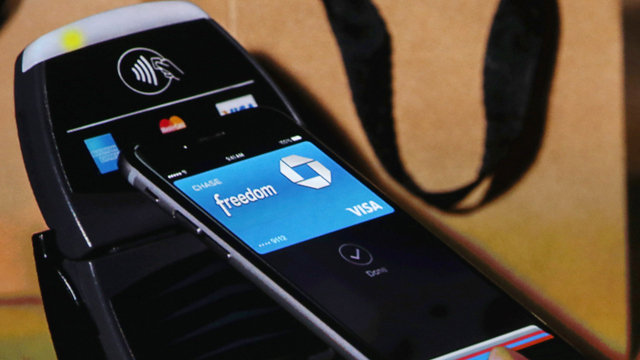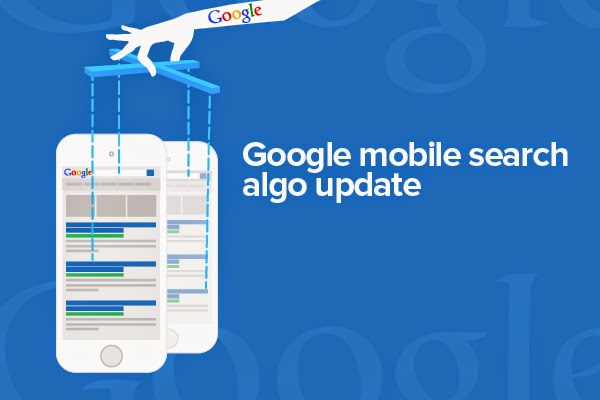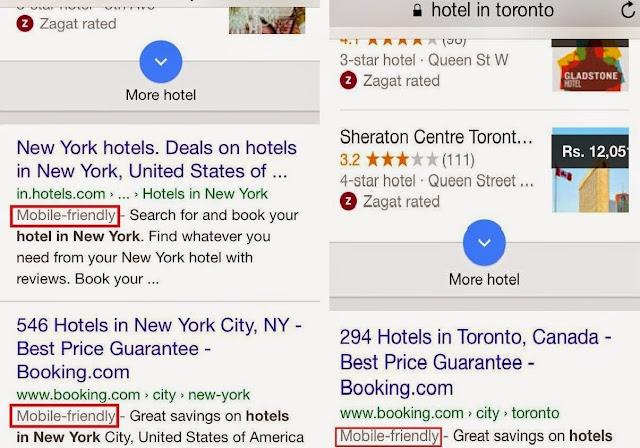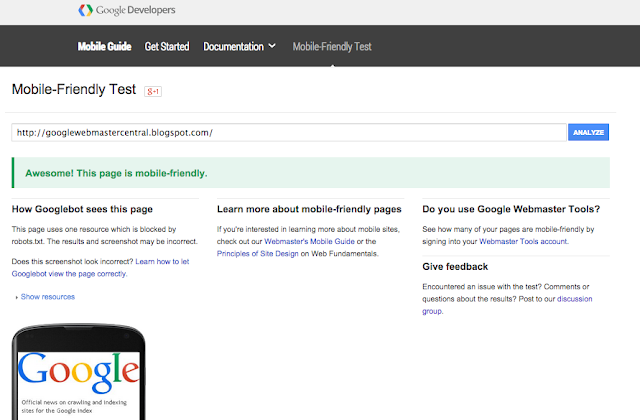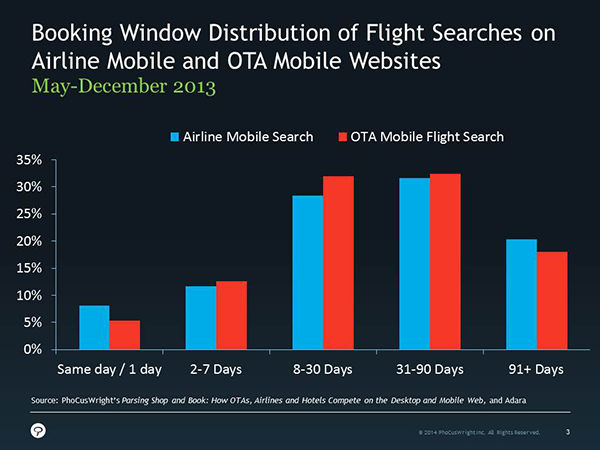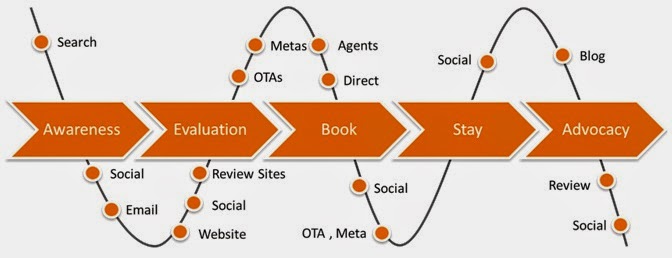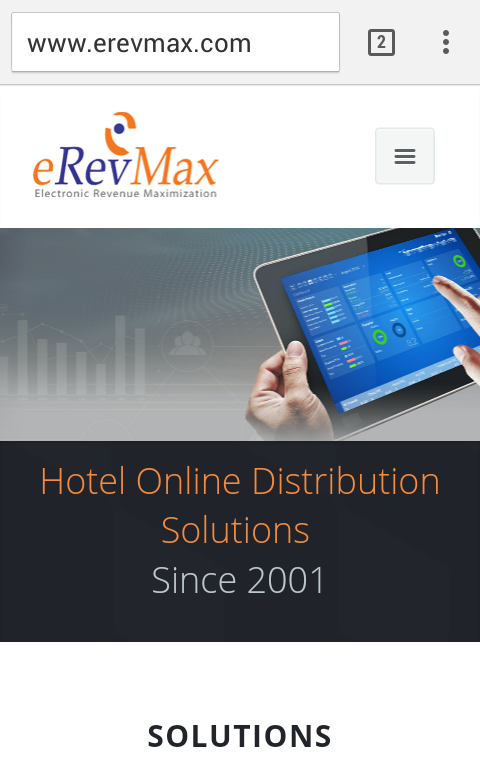The first generation travellers who are connected to the world with internet have become the fastest growing customer segment in hospitality industry. Travellers aged between 18 to 34 comprise the largest and most diverse segment of US population. These hyper-connected travellers are communicating with the entire world in a new way with their always connected device- using laptop, tablet or mobile phone.
In the LIVE in New York, an event organized by us to discuss the hotel technology trends, from our partners BookingForce, HRS and roomlia to hoteliers from Hilton, Marriot, Wyndham, Warwick Hotels, Wellington Hotel all talked about the challenges of dealing with the hyper-connected segment. With the advance of technology, the shift towards mobile is dramatic and disruptive. According to a PhoCusWright report around 75% of U.S. travelersown a smartphone and the numbers are continuously increasing with 4 out of 5 mobile travel booking are being made for hotel accommodation. With half the year gone, here are five definite trends that I reckon, are shaping the US hospitality industry this year.
Mobile does not mean last minute
The growing popularity of HotelTonight and BlinkBooking is a testimony to the growth of last minute bookings. PhoCusWright reports that one in four mobile bookings are made at the last minute, where OTAs with stronger presence score high against the brand sites. In fact for every 10 last minute bookings, 7 are being made at the OTA sites. This has prompted major OTAs like Booking.com to invest heavily in this segment. Earlier this year, Booking.com launched Booking Now, a mobile app which lets guests book up to 48 hours in advance.
However, mobile’s influence on traveler goes beyond last minute, and now has impacted all phases of the travel life cycle. Research says, about 37%of US travelers use a mobile device in their trip planning – with a significant majority of them switching between the tablet and smartphone. Interestingly, a significant 27% of the mobile travel audience belongs to the high income category earning over $100,000 per year. Clearly, if you have not yet invested in your mobile channel, it’s high time to do that.
Mobile Wallet: New smart payment option
You might have your hotel in finest location and offer thebest rate on your brand.com site and pride yourself of providing superior facilities to your guest, but have you integrated the mobile wallet?
Today’s modern guests want a hazard free travel experience- expects not to face front desk of the hotel to check-in or pay bills. According to a recent survey by SmartBrief and The Wall Street Journal shows more than 75% US travellers carry a smartphone and 50% travellers carry at least two devices while they are on vacation. This means your guests expect there should be an arrangement so that they can use their technology at your hotel- whether to conduct business, contact the valet, request service from housekeeping or pay from their mobile device. Here comes the mobile payment option which eliminates unnecessary delays. One of the largest hotel groups in the world Marriot Hotels was first to launch mobile check-in and check-out options on its mobile application back in 2013 and now offering its guestsApple Payment option. Another big name in Hotel industry Starwood Hotels is also offering the same service to its guests- now guests have the ability to pay accommodation charges using their mobile wallet, Apple Pay. This means hotel guests will no longer have to carry their credit cards or cash in their wallet. As smartphone going to replace physical wallet more and more hotels in the coming years will implement this medium to enhance their guest experience.
In next part of the article I’ll talk about three more trends which are shaping the US hospitality industry.


